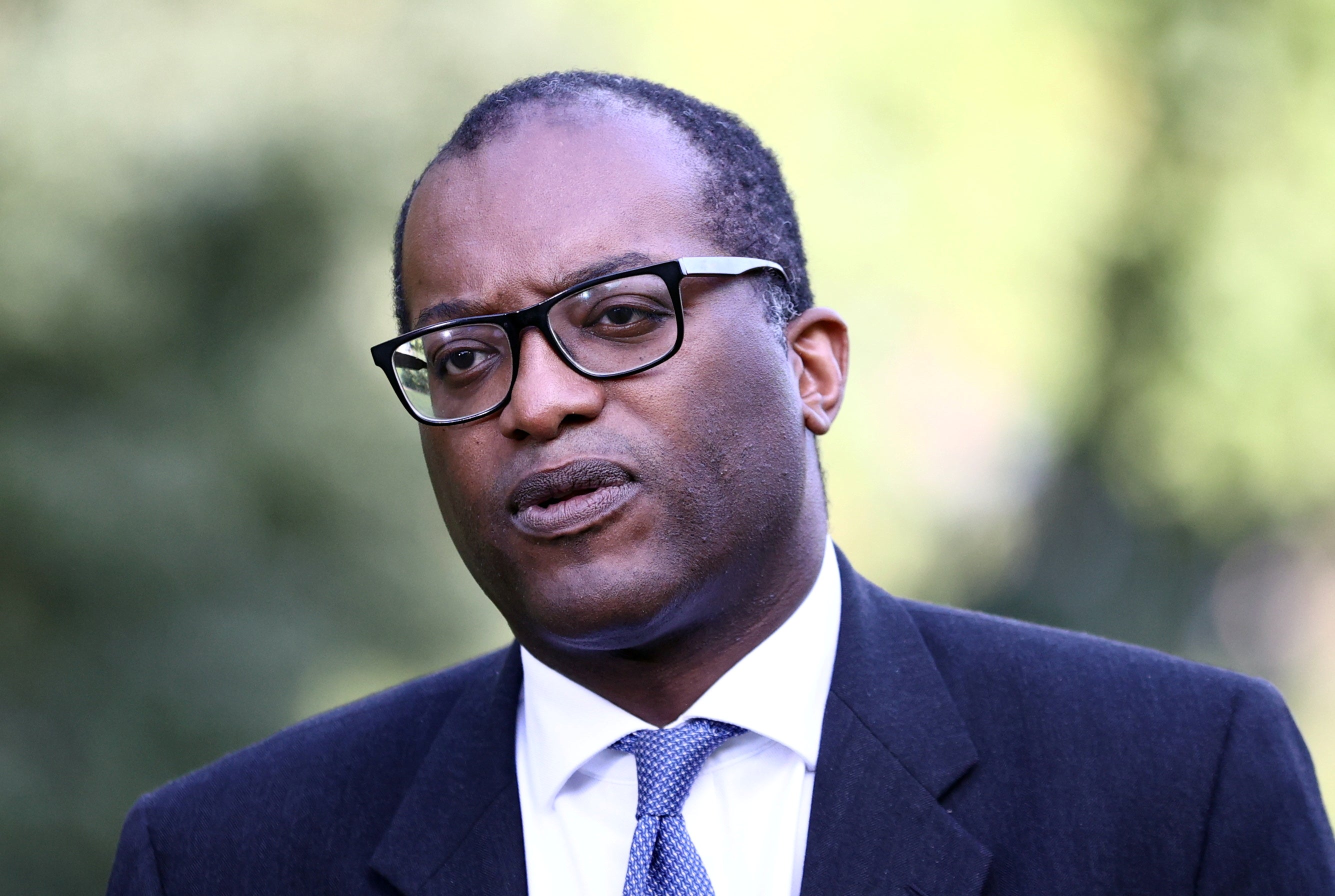CO2 crisis: Government strikes deal to restart production at Cheshire and Teesside plants
The details of the deal have yet to be announced

Your support helps us to tell the story
From reproductive rights to climate change to Big Tech, The Independent is on the ground when the story is developing. Whether it's investigating the financials of Elon Musk's pro-Trump PAC or producing our latest documentary, 'The A Word', which shines a light on the American women fighting for reproductive rights, we know how important it is to parse out the facts from the messaging.
At such a critical moment in US history, we need reporters on the ground. Your donation allows us to keep sending journalists to speak to both sides of the story.
The Independent is trusted by Americans across the entire political spectrum. And unlike many other quality news outlets, we choose not to lock Americans out of our reporting and analysis with paywalls. We believe quality journalism should be available to everyone, paid for by those who can afford it.
Your support makes all the difference.The government has struck a deal with American firm CF Industries to restart carbon dioxide production at its UK plants in Ince, Cheshire and Billingham, Teesside.
Business secretary Kwasi Kwarteng met with the fertiliser company over the weekend, after it had halted production at its UK-based plants on Friday in response to a spike in global natural gas prices.
Taxpayers will pay towards the operating costs of the manufacturer to ensure the supply of CO2 for the food sector continues amid the ongoing energy crisis.
The agreement will be in place for three weeks while the “CO2 market adapts” to the surge in global gas prices, according to the Department for Business, Energy and Industrial Strategy (Beis).
Mr Kwarteng said the decision would avert “disruption” in the “many critical industries that rely on a stable supply” of carbon dioxide.
The halt in operations has led to a food production crisis, as CO2, a byproduct of fertiliser production, is widely used in food processing. The gas is used to stun animals for slaughter, to package meats and salads, and to carbonate beer and other fizzy drinks.
Prior to halting production, the CF Industries supplied around 60 per cent of the UK’s food-grade CO2.
Earlier on Tuesday, Ian Wright, CEO of the Food and Drink Federation said on BBC Radio 4’s Today programme that Britain likely had “about 10 days” before consumers and shoppers start to notice that products – ranging from poultry and pork to baked goods – would not be available due to the CO2 shortage.
Meat processors in the UK have also warned that they would need to halt production within days if CO2 production did not resume swiftly.
Details on the deal, including when production will restart and what incentives were offered to the company, remain unknown.
Join our commenting forum
Join thought-provoking conversations, follow other Independent readers and see their replies
Comments